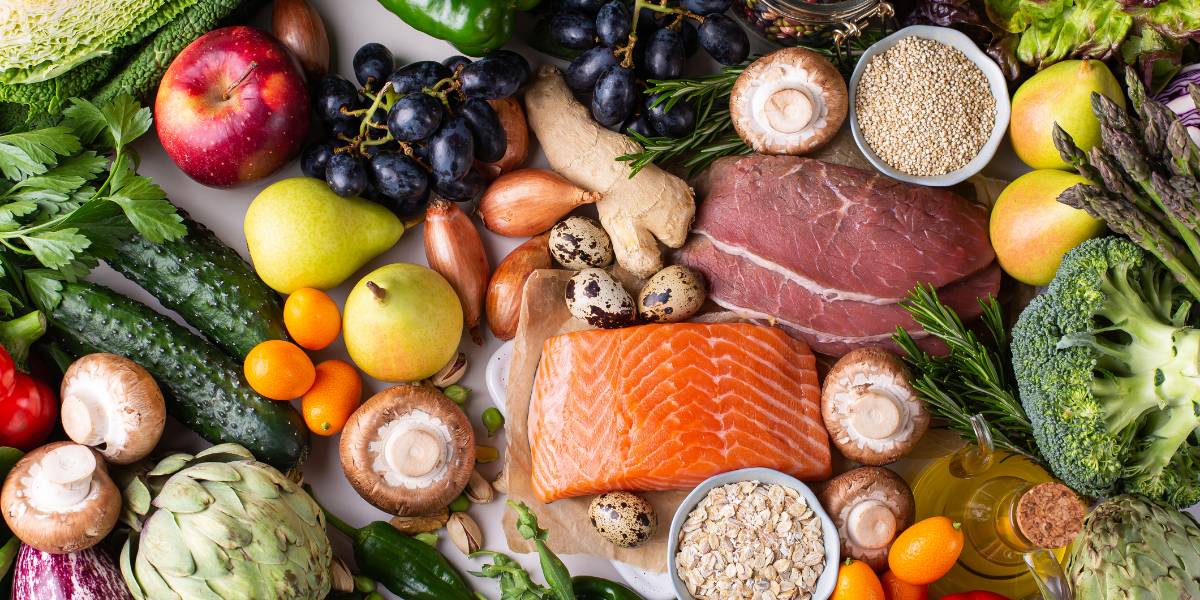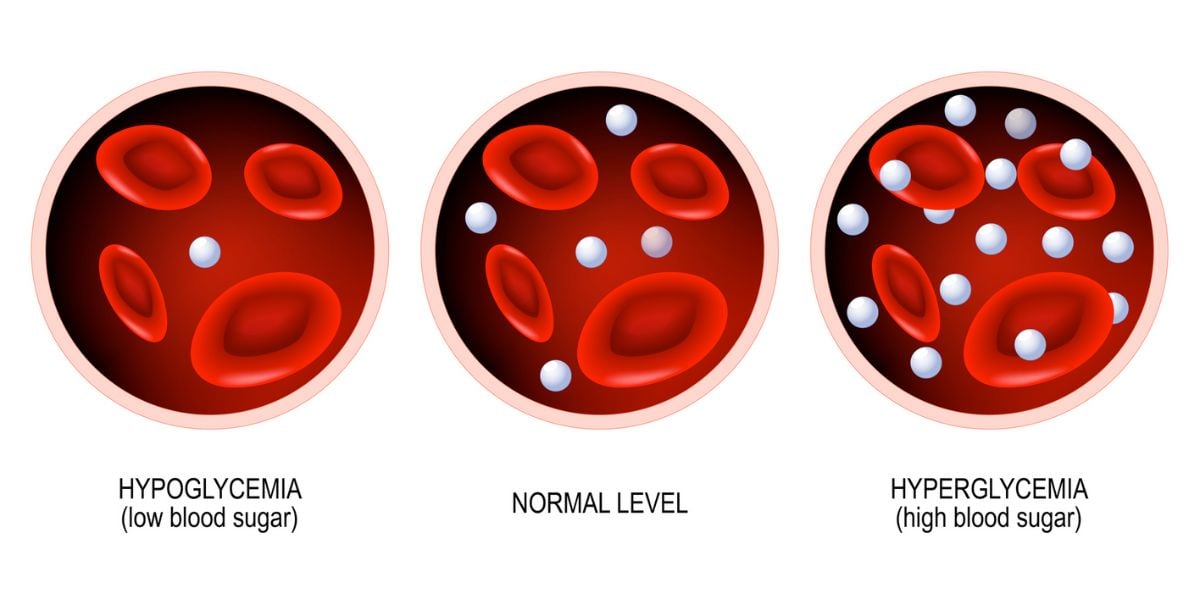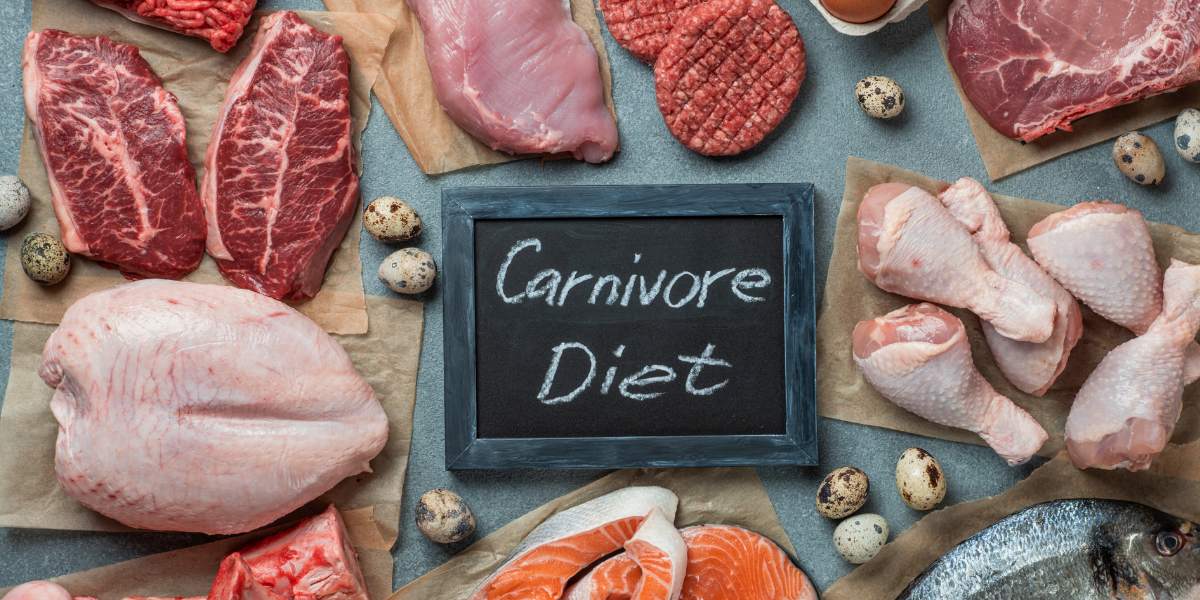One of the first questions for people newly diagnosed with diabetes is ‘what can I eat’.
Information can be very confusing with many news and healthy living magazines suggesting foods that can help diabetes.
To help make some kind of sense, we present our guide on which foods can help diabetes.
Picking a sensible diabetic diet
The following guidelines provide a good basis for a diabetic diet.
- Foods with a low GI (glycaemic index)
- Include lean meats, fish or other sources of protein
- Include plenty of fibre
- Try to take in a relatively low amounts of saturated fat and salt
Fruit and vegetables
Vegetables are a very good choice.
They contain a good quantity of vitamins and minerals and are a great source of fibre. Some vegetables have more effect on blood sugar than others so you may need to pick vegetables with a lower GI.
Fruits are also a good source of fibre and vitamins but people with diabetes will often find that some fruits are better than others for their
Protein
Protein can be very useful as it is more slowly broken down by the body than carbohydrates.
As a result, it has less of an effect on blood sugar and can help you to feel fuller for longer. Good protein sources include oily fish and lean meats, such as grilled skinless chicken.
Whole grains
Whole grain foods are those containing oats, barley, wheat where the full grain is used.
Foods made from grains have quite a high concentration of carbohydrate so people with diabetes will benefit by testing their blood sugar before and after eating grain based foods to see whether their blood sugar is being raised too high
Much modern food is made from over processed grains, such as plain flour, many breads, white rice and pastries. However, whole grains varieties do exist. Breads with a higher amount of fibre, for instance, are generally better than those with a low amount of fibre. Similarly, brown rice is a better choice than white rice.
Nuts, herbs and spices
Nuts can be a good food choice.
Avoid salted nuts and try to limit the quantity of nuts you eat as they have a high calorific value. Don’t let the calories put you off completely though, nuts are a great source of fibre and vitamins and can be beneficial for cholesterol.
Walnuts, almonds, brazil nuts and macadamia nuts are good choices.
Herbs and spices are not only a great way to add flavour to food, they’re also another good source of vitamins. Adding herbs and spices to food can help to replace adding extra salt.
Which foods should people with diabetes avoid?
Try to limit all of the following:
- White bread, white pasta and pastries
- Ready meals
- Take away food
Some people may be comfortable completely ruling these foods out of their diet whereas others may want to occasionally include some of these foods every now and again. The key is to be able to pick a sensible limit and be able to stick to it.
Many people also suggest staying away from so-called Diabetic Food
Eat according to your blood glucose meter
Everyone is different, so what works for one person is no guarantee it will work for another. It’s worth knowing and being aware of general guidelines and then testing to see how different foods affect your sugar levels
One tried and tested method is to try different foods and meals by testing your blood sugar before eating (taking any medication as you usually would) and then testing your blood at two hour intervals.
A blood test before eating, 2 hours after and 4 hours after will be a good test for most meals, however, some low GI foods (such as whole meal pasta) may need a test 6 hours after to see the effect of the food.





